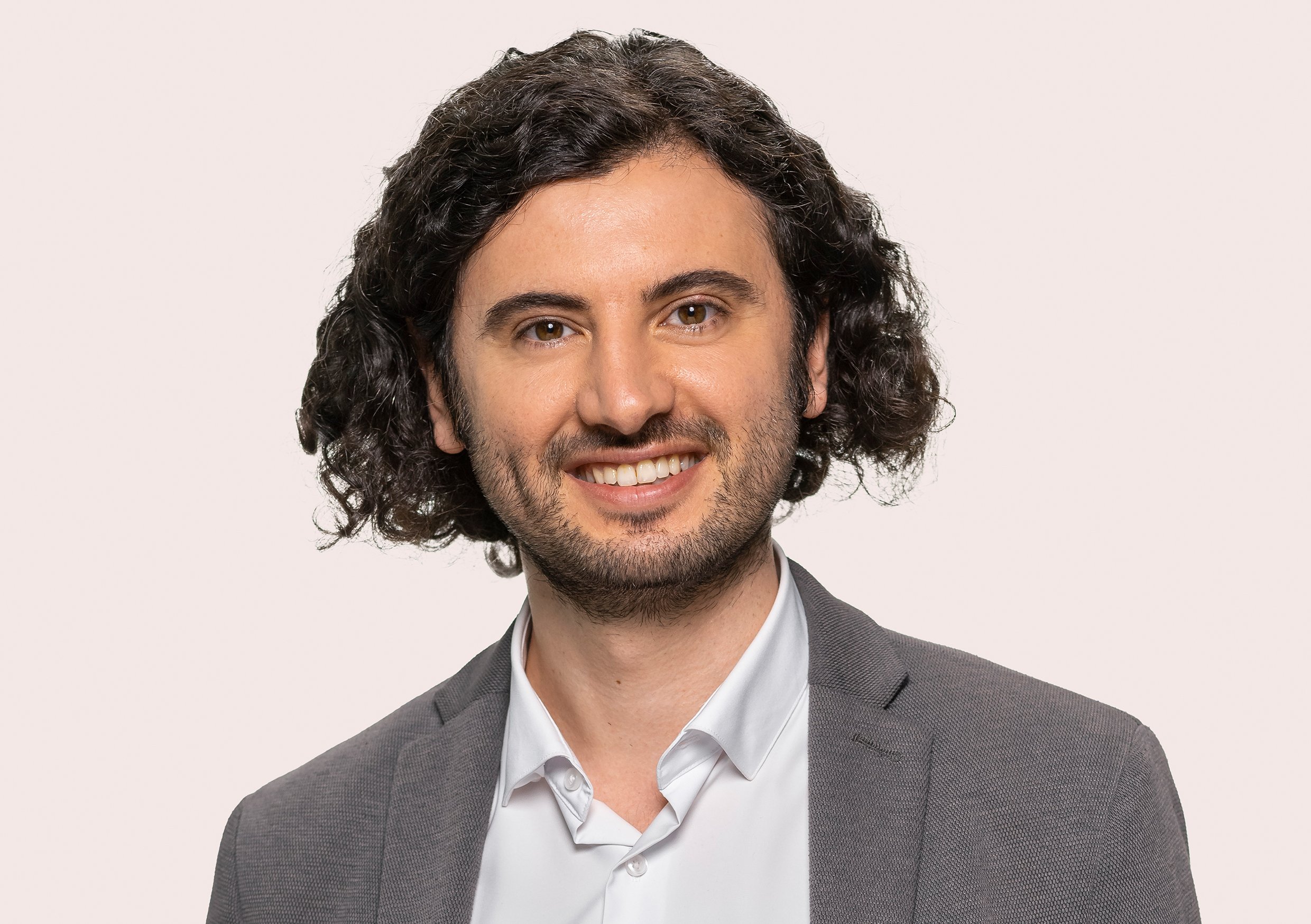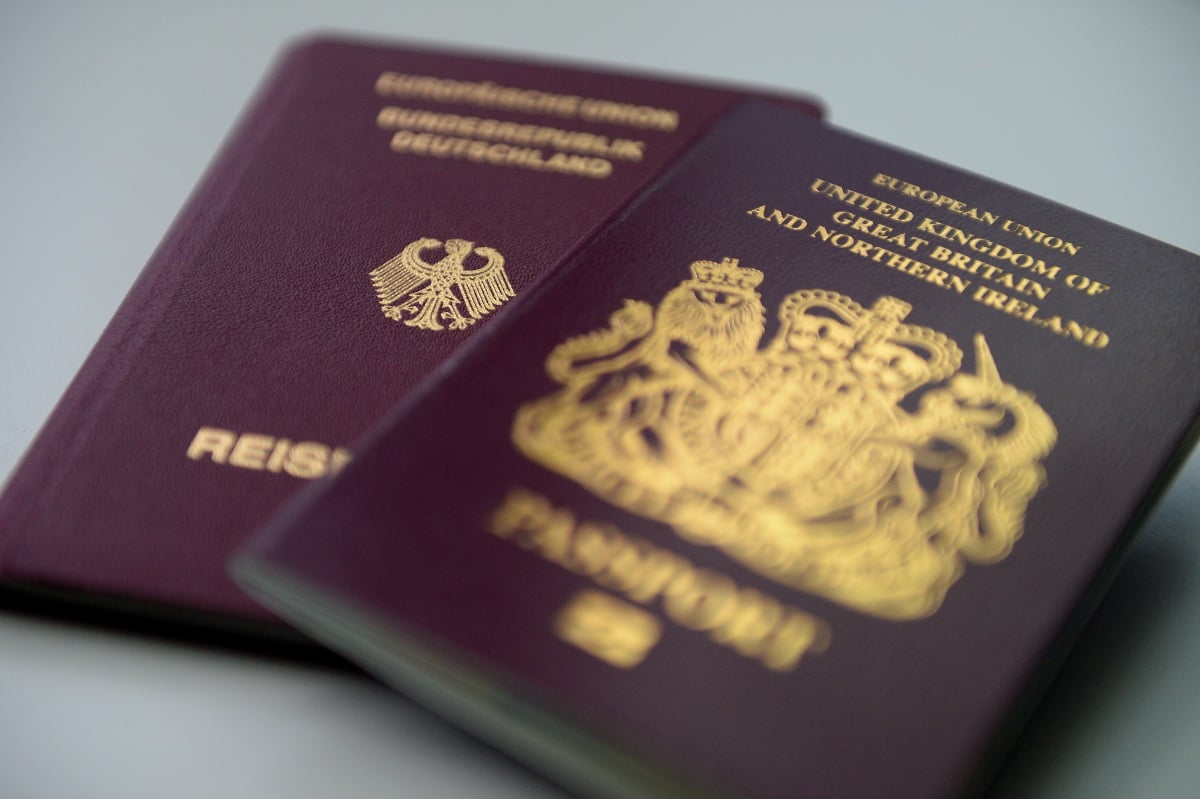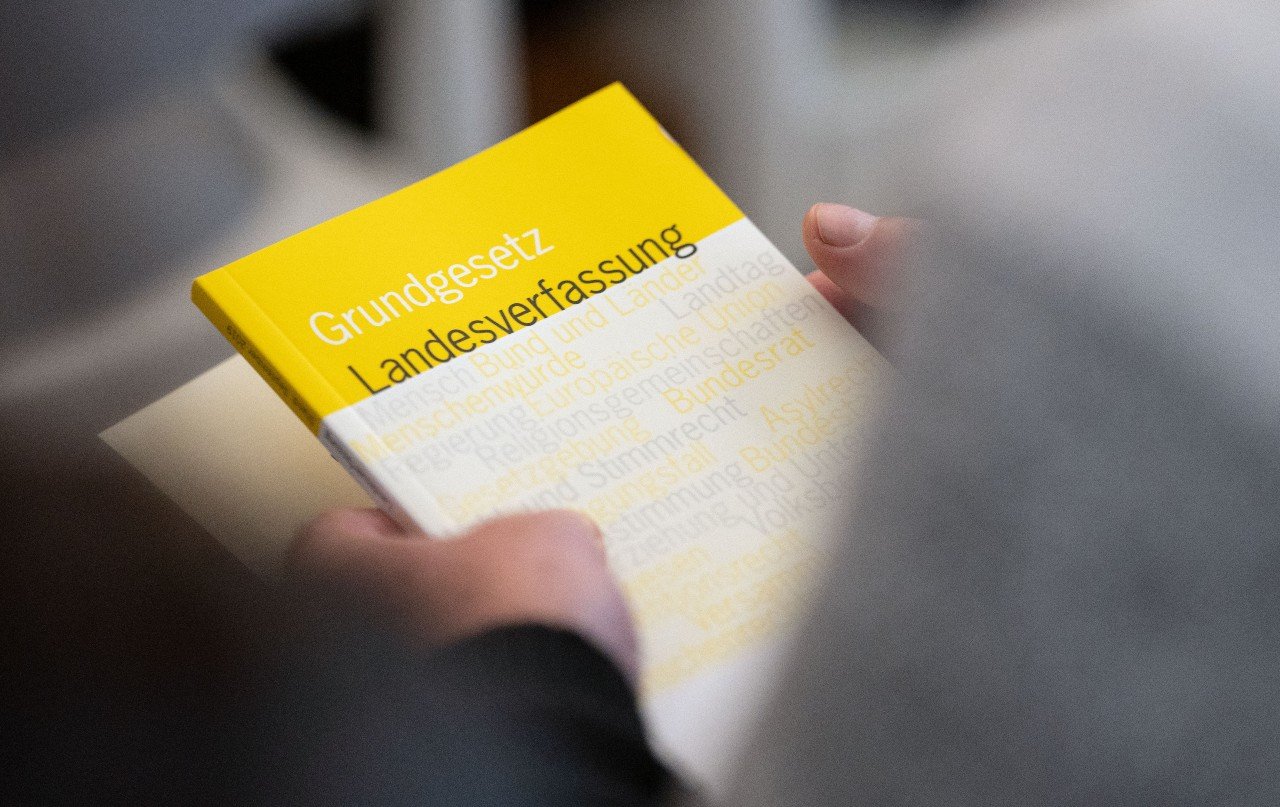For those who have never been asked to renounce their citizenship, the shift to a new set of rules may not seem like an overly important one.
But for millions of people who live in Germany without the right to free movement or the right to vote, allowing multiple nationalities feels like a paradigm shift that could change their lives forever.
Though the government has been clear about its intentions to remove hurdles to citizenship since the start – including lifting a ban on dual nationality for non-EU citizens – some were unwilling to believe it would ever become a reality.
So when the news emerged that President Frank Walter-Steinmeier had finally signed off on the law on Tuesday, March 26th, the excitement in the air was palpable.
For Hakan Demir, a Social Democrat (SPD) politician who helped draft Germany’s citizenship reforms, the change is all about “recognition, co-determination and belonging”.
READ ALSO: What do I need to apply for German citizenship under the new law?
“Many people in Germany have been waiting for this law for a very long time because they finally want to participate,” Demir told The Local. “In future, they will be able to play a greater role in shaping our society, vote and be elected. In this way, we are strengthening our democracy.”

This was also the view of Demir’s colleague, Greens MP Filiz Polat, who worked as a rapporteur on the legislation.
Not only is the citizenship law “a step towards a modern migration society”, Polat said, but also “an important step for our democracy”.
“At a time when the AfD and right-wing extremists are spreading anti-constitutional deportation fantasies, we are strengthening fundamental rights and cohesion with this law.”
Stephan Thomae of the Free Democrats (FDP) welcomed the news that the reform was on its way, but emphasised that only those who shared German values could naturalise under the new conditions.
“We are making naturalisation easier for all those who have no criminal record, speak our language and can support themselves,” Thomae explained.
“At the same time, we are making it clear that criminals, anti-Semites or people who do not share our values will not be naturalised.
“Corresponding checks will be significantly tightened.”
READ ALSO: Why Germany is shaking up citizenship test questions
‘Great news’
For those involved in drafting the bill, the end of the long parliamentary process is a major step forward. But it’s foreigners in Germany who are most excited – and nervous – about the change.
British in Germany, a group who campaigned to secure the residence rights of Brits after Brexit, said they were thrilled that the new law would put all UK citizens in Germany on an equal footing.
With EU citizens allowed to hold multiple nationalities under German law, British citizens had previously been able to obtain dual nationality only before the end of the transition period, while others were faced with difficult choices.
“This is great news for those of us in the British community in Germany who were not able to apply for dual citizenship before the end of the Brexit transition, unlike the some 70,000 of us who have already become British Germans,” said BiG’s Matt Bristow.

“We know there will be a big increase in citizenship applications and not just among those with a British migration background. Now the challenge is for the authorities to have the resources to respond to their desire to become Germans.”
Satya Kasindla, a British citizen who lives in Leonberg near Stuttgart, agreed that the passing of the bill was “good news” for immigrants in the country.
Nevertheless, Satya believes the law will have a limited impact if the authorities aren’t able to process applications at the speed required.
“It would help all the immigrants if the government gives a clear guideline for processing these applications by observing six months as statutory limit,” he told The Local.
“Without clear guidelines on processing times, this law doesn’t change much for the immigrants who are eligible now and also who are actually in the queue. And it only will help only new arrivals if the government takes necessary action on staffing to process the applications within the six-month deadline.”
READ ALSO: Foreigners in Berlin furious over German citizenship delays
The fears about the endless waiting times for applications to be approved – and the influx of future applications – was one shared by several foreigners on social media.
Referring to the long backlogs faced by applicants in Berlin, one X user said he was concerned that older applicants would be deprioritised the second a new influx of applications came in.

Another worry for migrants is that some conditions of the law – and most notably restrictions on claiming benefits – could create a two-tier system between privileged and less privileged applicants.
This was the concern of Zeynep Yanasmayan, head of the migration department at the German Centre for Integration and Migration Research.
However, despite the bill’s shortcomings, the symbolic impact of easing citizenship rules remained important, she said.
“While the concrete impact of the law will very much depend on individuals’ national and socio-economic background, it certainly sends a strong message of recognition and acceptance to people of migration background,” Yanasmayan told The Local.
Of course, not everyone in German political life is happy about the changes.
The Local approached the right-wing CDU/CSU parties for comment, but at the time of writing had no received a response.
However, the view of the long-term opponents of dual nationality can be summed up by Alexander Throm, a specialist on domestic issues for the CDU.
READ ALSO: How long does it take for your German to be good enough for permanent residency and citizenship?
In the final Bundestag debate on the legislation, Throm claimed that people who gain dual nationality “lack a fundamental commitment to our land.”
For politicians from the far-right AfD, the fears are even more extreme. According to AfD MP Christian Wirth, “Our proud nationality is about to be flogged off.”



 Please whitelist us to continue reading.
Please whitelist us to continue reading.
Member comments